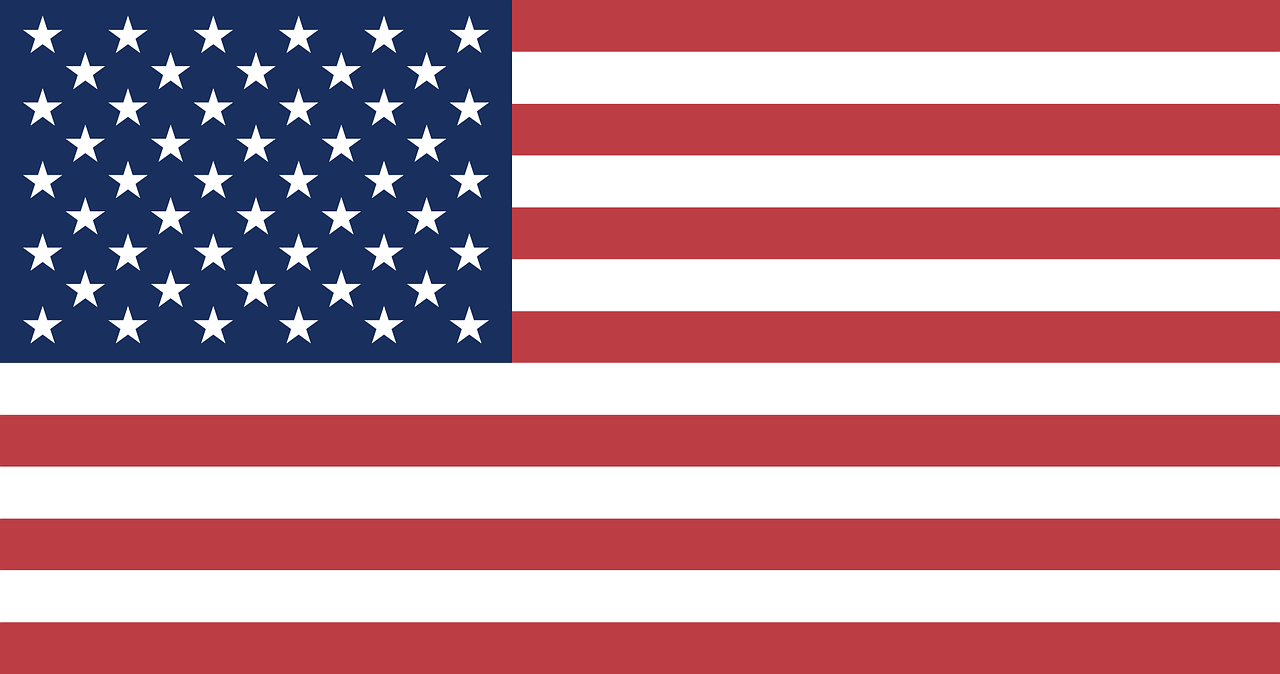Rehabs That Accept TRICARE
The journey through military service, while a testament to strength and dedication, can introduce unique challenges to mental and physical well-being. Substance use disorders and the need for rehabilitation services are realities faced by some within the military community and their families. TRICARE, the healthcare program designed for those who serve and have served, is a critical resource for accessing necessary care. This guide aims to demystify the process of finding and utilizing TRICARE-covered rehabilitation, ensuring that individuals can confidently pursue their path to recovery. We’ll explore the intricacies of TRICARE coverage, the diverse types of facilities available, practical steps for finding care, and the overall process of accessing these vital services.
Decoding TRICARE’s Rehabilitation Coverage
TRICARE offers a variety of plans, each with distinct coverage details. It’s essential to understand that TRICARE’s commitment to rehabilitation extends to a range of treatments, including:
- Substance Dependency Programs: Addressing addictions to alcohol, prescription drugs, and other substances.
- Treatment Modalities: Encompassing both inpatient and outpatient care, tailored to individual needs.
- Integrated Mental Health Support: Recognizing the interconnectedness of mental health and addiction, TRICARE often covers dual-diagnosis treatments.
- Restorative Care: Including physical and occupational therapies following surgical procedures or injuries.
Key questions often arise:
- Does TRICARE provide for rehabilitation? Absolutely, when deemed medically necessary.
- Are substance-specific programs covered? Yes, both alcohol and drug rehabilitation are included.
- Do dependents receive benefits? Dependents are also eligible, though specific criteria may apply.
It’s crucial to acknowledge that coverage can vary based on plan type, required referrals, and pre-authorization protocols. Direct consultation with TRICARE or a regional contractor is advised for precise details.
Exploring TRICARE-Approved Rehabilitation Environments
TRICARE’s network includes a spectrum of facilities designed to meet diverse needs:
- Intensive Inpatient Settings: Offering round-the-clock medical oversight and structured treatment.
- Flexible Outpatient Programs: Allowing individuals to maintain their daily routines while receiving care.
- Structured Partial Hospitalization: Providing intensive daily therapy without overnight stays.
- Supportive Residential Facilities: Offering a structured living environment conducive to recovery.
Opting for TRICARE-approved facilities is paramount to maximizing coverage and minimizing personal expenses. These facilities adhere to TRICARE’s standards and are integral to their network.
Strategies for Locating TRICARE-Covered Rehabilitation
Finding the right facility requires a strategic approach:
- TRICARE’s Online Resources: Utilize the official provider directory for comprehensive searches.
- Regional Contractor Assistance: Seek personalized guidance from TRICARE’s regional representatives.
- Primary Care Manager Collaboration: Leverage your primary care provider for referrals and coordination.
- Military Treatment Facility Utilization: Explore specialized services offered at military medical centers.
- Localized Searches: Utilizing search terms that include your location will help you find local resources.
When contacting potential facilities, inquire about their experience with TRICARE, treatment methodologies, and success rates.
Understanding the Rehabilitation Admission Process
The admission process typically involves:
- Initial Assessments and Referrals: Obtaining professional evaluations and referrals.
- Pre-Authorization Procedures: Securing necessary approvals from TRICARE.
- Documentation Requirements: Preparing essential medical and insurance records.
- Benefit Period Awareness: Understanding the duration and limitations of coverage.
While emergency admissions may occur, planned treatments typically require referrals. Be prepared for potential co-payments and out-of-pocket expenses.
Real-World Experiences and Recovery Journeys
Consider the story of a veteran who, after struggling with opioid addiction, found a TRICARE-approved inpatient program that facilitated his recovery. Or the dependent who benefited from TRICARE covered family therapy, and improved their overall mental health. These stories illustrate the power of TRICARE in facilitating life changing recovery.
Supplementary Resources and Support Systems
- SAMHSA’s National Helpline: Provides confidential support and treatment referrals.
- NAMI’s Support Networks: Offers peer support and educational resources.
- Military OneSource: Delivers comprehensive support services for military personnel and their families.
- Official Tricare website.
TRICARE also provides complementary benefits like counseling and support groups. If a coverage denial occurs, the appeals process is available.
Help With TRICARE
Seeking help is a sign of strength. TRICARE offers a pathway to quality rehabilitation services. By understanding your benefits and navigating the system effectively, you can access the care necessary for your well-being. Remember, recovery is attainable, and a rehab that accepts TRICARE is a valuable ally in your journey.

